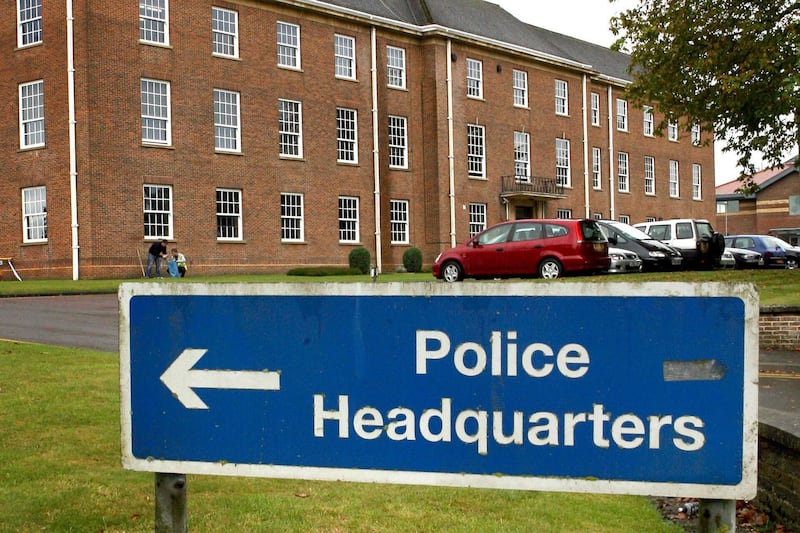DAVID Ford ordered a consultation on whether Northern Ireland should introduce a version of `Clare's Law' in February 2016, closing in April - almost exactly two years ago.
It was being assessed alongside proposals to extend the definition of domestic violence in the north to include coercive and controlling behaviour.
In the normal run of things, women (and men) at risk of domestic violence would have been able to find details of their partners abuse history within a year.
But the end of the consultation coincided with the most tumultuous time in the recent history of the assembly. A month later the Alliance Party had pulled out of government, with Mr Ford standing down as justice minister.
His successor, independent unionist assembly member Claire Sugden inherited a complex brief, and despite expressing a firm commitment to domestic violence reform, barely had a chance to set her priorities before the executive imploded amid bitter in-fighting between Sinn Féin and the DUP.
And just like that, two of the most progressive changes to the criminal justicec system to be brought into Northern Ireland - albeit ones which have been in existence in England and Wales for many years - were tossed into cold storage.
The stagnation caused by the latest collapse of devolution has been a cause of much frustration, but nowhere has the absence of legislators had as grave `real world' implication as in this area.
Women's Aid NI says that on average five people die every year as a result of domestic violence.
Domestic abuse incidents have increased year on year since 2004/05 - with the exception of two decreases recorded in 2007/08 and 2010/11 - to a 2017 peak of 29,676 reports made to the PSNI - the highest level recorded during that period.
Women are likely to be suffering more than a million separate assaults every year at the hands of their partners, with the record levels of domestic violence reports merely "the tip of the iceberg".
Police statistics indicate that a woman may have suffered a domestic incident up to 35 times before seeking help - meaning, exponentially the real number of abuse tops one million.
Judge Barney McElhom - whose pilot court project supporting domestic violence victims through the justice system only got the green light to roll out four years after its launch - and former deputy chief constable Judith Gillespie have been among those railing against the deficiencies in the current system.
This significant move is testament to the strong leadership of department of justice permanent secretary Nick Perry, who took the decision to push on with this key reform - on the basis of a draft Programme for Government, and the wide measure of support received from "all corners of the community following two public consultations.
It is not an area that can be allowed to be left in limbo, in the vain hope that elected representatives will one day soon get their act together.
Lives will be saved by the introduction of this landmark `law', and many more will be rescued from the torture that comes when home is not a sanctuary, but the frontline of abuse.
Earlier this month, Womens Aid NI outreach worker Catherine Ferrin warned of the "tsunami" effect that domestic violence has on a family, with "the potential to destroy absolutely everything".
The introduction of Clare's Law will not stop this tidal wave of devastation.
Like any law it is not perfect and domestic violence is a complex issue that requires a raft of approaches to stop abusers and extract victims, many of whom have had their self-esteem stripped away to such an extent they have become accepting of the deplorable treatment they are subjected to.
In some areas of England there has been criticism of police forces for not following through with disclosure - one force only disclosed seven per cent of the data requested.
Those working with victims caution that there is no point informing someone that they are in a potentially abusive relationship without giving them the help they need to get out of it.
Nevertheless, given that, in the first year of its existence in England and Wales, more than 1,300 warnings were issued to women about the past violence of their partners, we can hail today as a very significant step forward.







